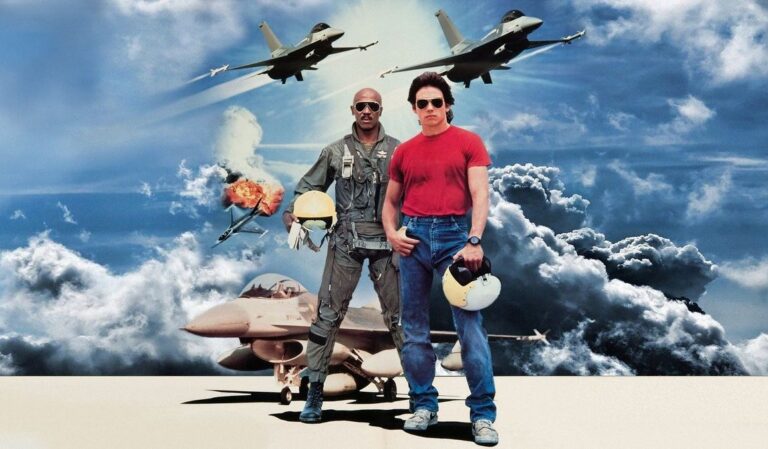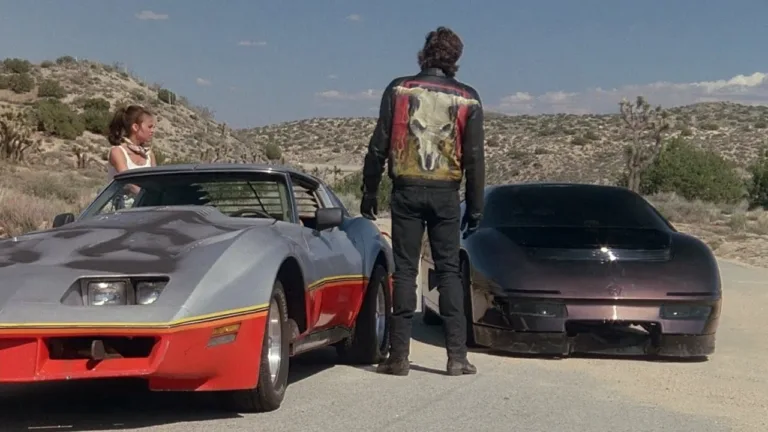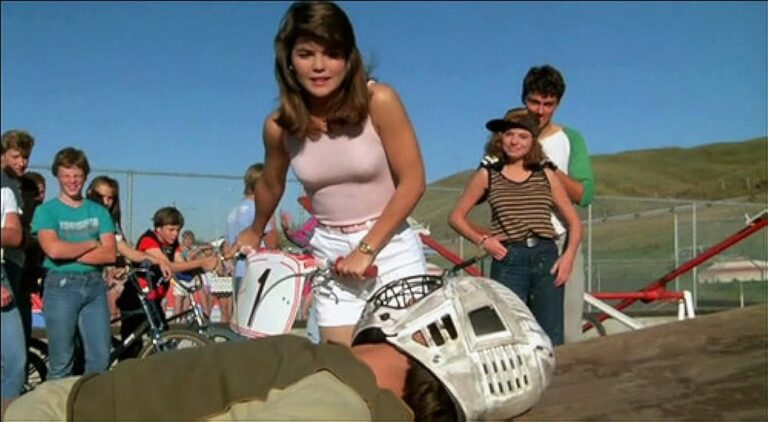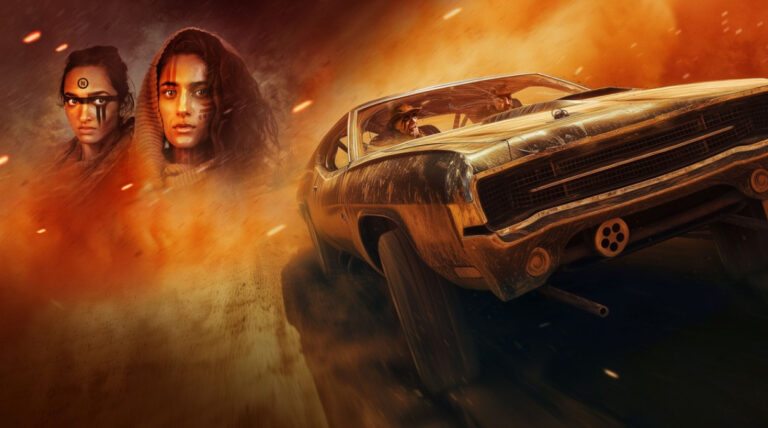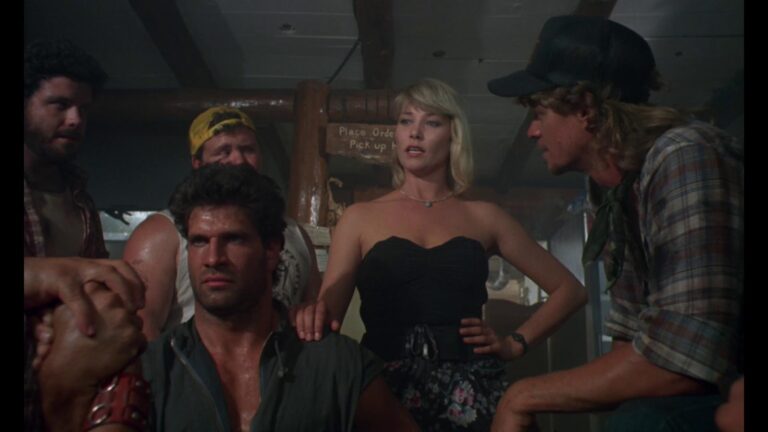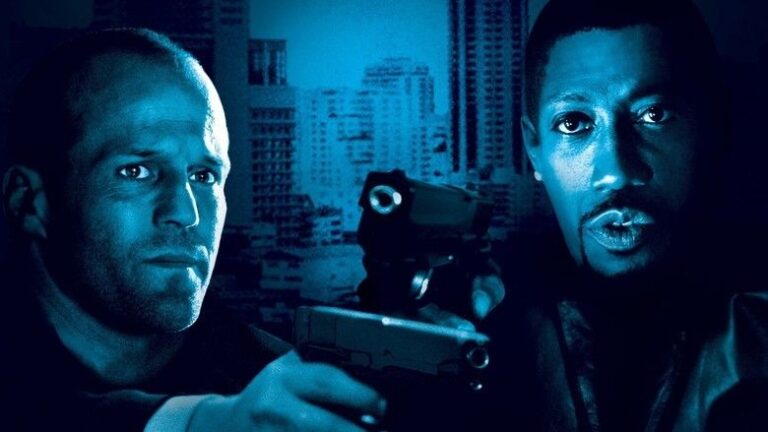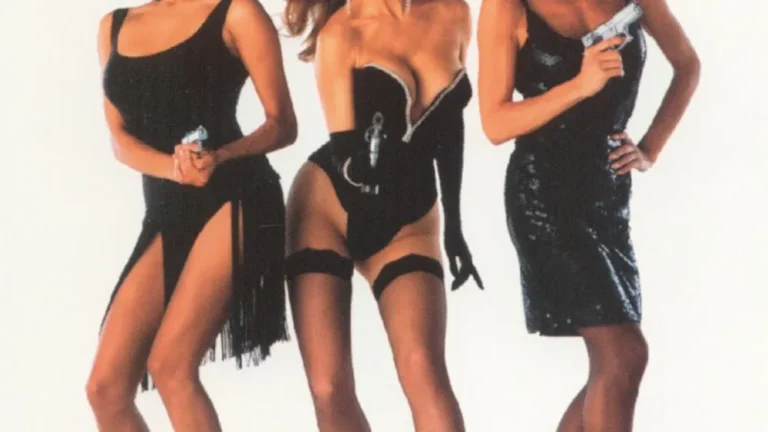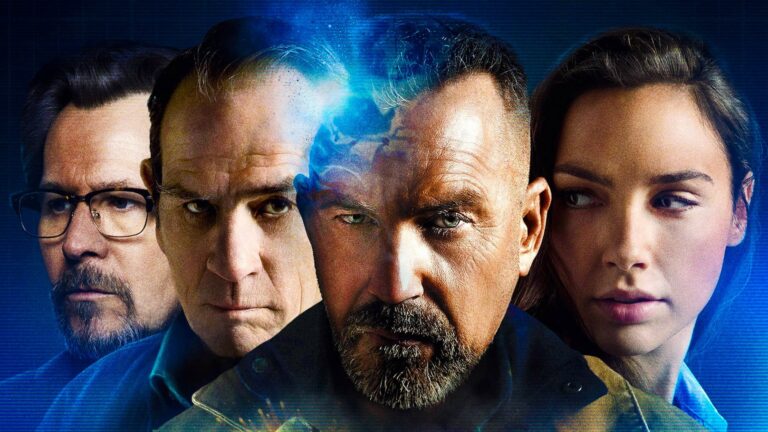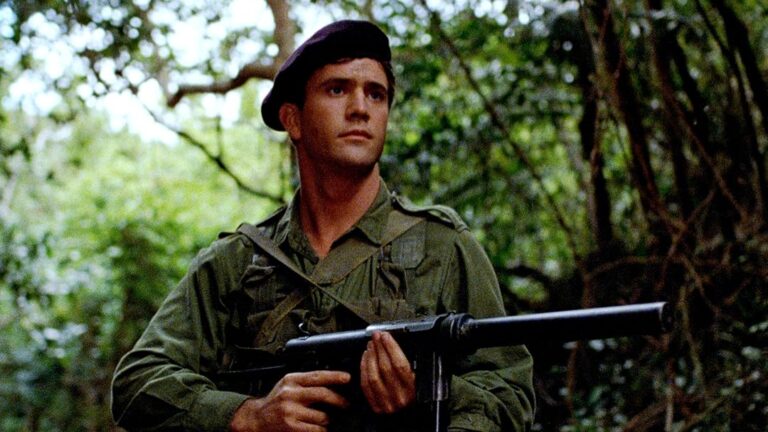There’s a certain masochistic thrill that comes with diving into the cinematic fever dream that is “Death Journey” (1976). Written by Abel Joney and directed by the man himself, Fred Williamson, this celluloid oddity stars Williamson as Jesse Crowder, a private investigator so tough he makes Dirty Harry look like a preschool teacher. As I settled into my viewing chair with a tumbler of Wild Turkey and a head full of dangerous chemicals, I braced myself for what promised to be a wild ride through the gritty streets of 1970s urban America.
The Plot – Or Something Like It
The plot of “Death Journey” is as straightforward as a sledgehammer to the face. Crowder is hired to escort a key witness from New York to Los Angeles. Simple, right? Wrong. This is no ordinary road trip. It’s a cross-country marathon of mayhem, a psychedelic car chase on steroids. Along the way, Crowder battles an endless parade of goons, thugs, and corrupt officials, each more determined than the last to turn his trip into a one-way ticket to the morgue.
Fred Williamson as Jesse Crowder
Fred Williamson, the auteur and star, plays Jesse Crowder with a mix of cool detachment and volcanic fury. Imagine Shaft on a bad acid trip, with a dash of Mad Max thrown in for good measure. Williamson doesn’t just chew the scenery – he devours it, spits it out, and then sets it on fire for good measure. His performance is less about acting and more about sheer, unbridled presence. You don’t watch Fred Williamson; you experience him, like a force of nature or a particularly aggressive weather front.
The Supporting Cast – If You Can Call It That
The supporting cast in “Death Journey” is a rogues’ gallery of 70s B-movie staples. The witness, whose name I’ve already forgotten thanks to a cocktail of mescaline and bourbon, is suitably terrified and appropriately useless. The bad guys are a dime a dozen, interchangeable and disposable, like tissues at a flu convention. They exist solely to be dispatched in increasingly creative and violent ways by our hero, and they do their job admirably.
Direction and Cinematography – A Trip and a Half
Fred Williamson’s direction is, how shall I put this, unrestrained. The man has an eye for chaos, and he uses it well. The cinematography is a gritty, grimy love letter to the seedy underbelly of America. Every shot is drenched in the neon glow of sleaze, every frame pulsating with the frenetic energy of a coked-out jazz drummer. It’s beautiful, in a kind of dirty, twisted way.
Themes and Motifs – Or Lack Thereof
Themes? Motifs? You’re kidding, right? This is a film where subtlety goes to die. It’s a primal scream of violence and vengeance, a raw, unfiltered explosion of testosterone and adrenaline. If there’s a deeper meaning here, it’s buried under layers of blood, sweat, and gunpowder. And honestly, who needs themes when you have Fred Williamson kicking ass and taking names?
The Action – Pure, Unadulterated Mayhem
The action sequences in “Death Journey” are a thing of beauty. They’re chaotic, brutal, and utterly devoid of mercy. Car chases that defy the laws of physics, fistfights that make Fight Club look like a quilting bee, and shootouts that would make John Woo weep with joy. It’s a symphony of destruction, and Williamson conducts it with the precision of a maestro.
The Verdict – A Glorious Mess
In the end, “Death Journey” is a glorious, beautiful mess. It’s a film that grabs you by the throat, shakes you around, and doesn’t let go until the credits roll and you’re left gasping for air and questioning your life choices. It’s not for the faint of heart or the weak of stomach, but for those brave souls willing to take the plunge, it’s an unforgettable ride.
So, if you find yourself with 85 minutes to kill and a desire to see Fred Williamson in all his unrestrained glory, fire up “Death Journey,” pour yourself a stiff drink, and prepare for a trip you won’t soon forget. Just remember to keep the bourbon close and your expectations low. This isn’t high art, folks. This is pure, unadulterated, Gonzo filmmaking at its finest. God help us all.
